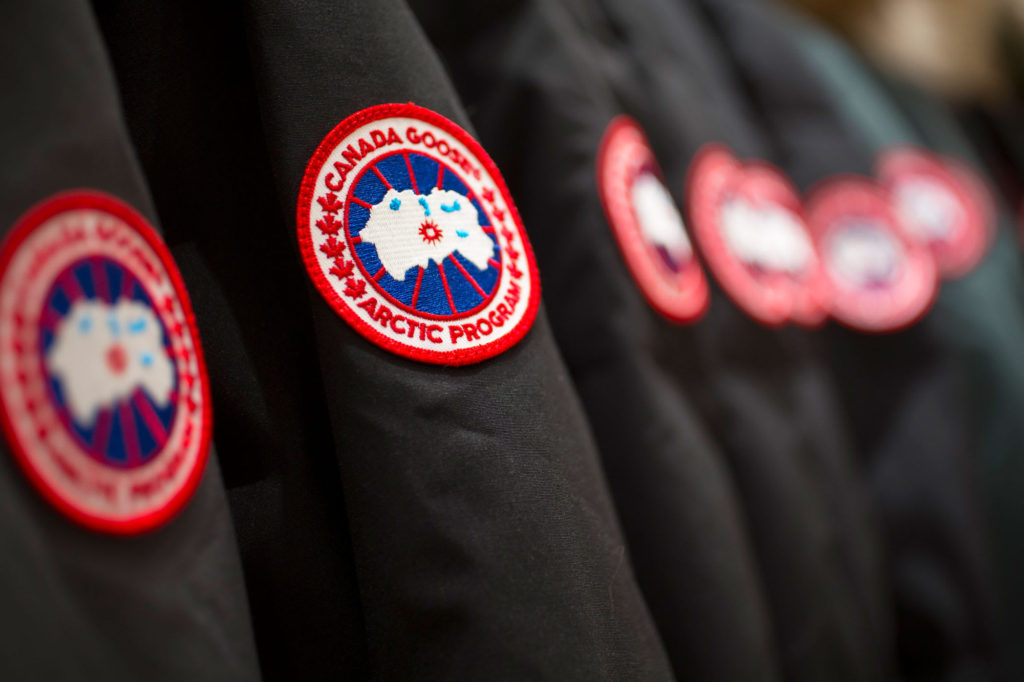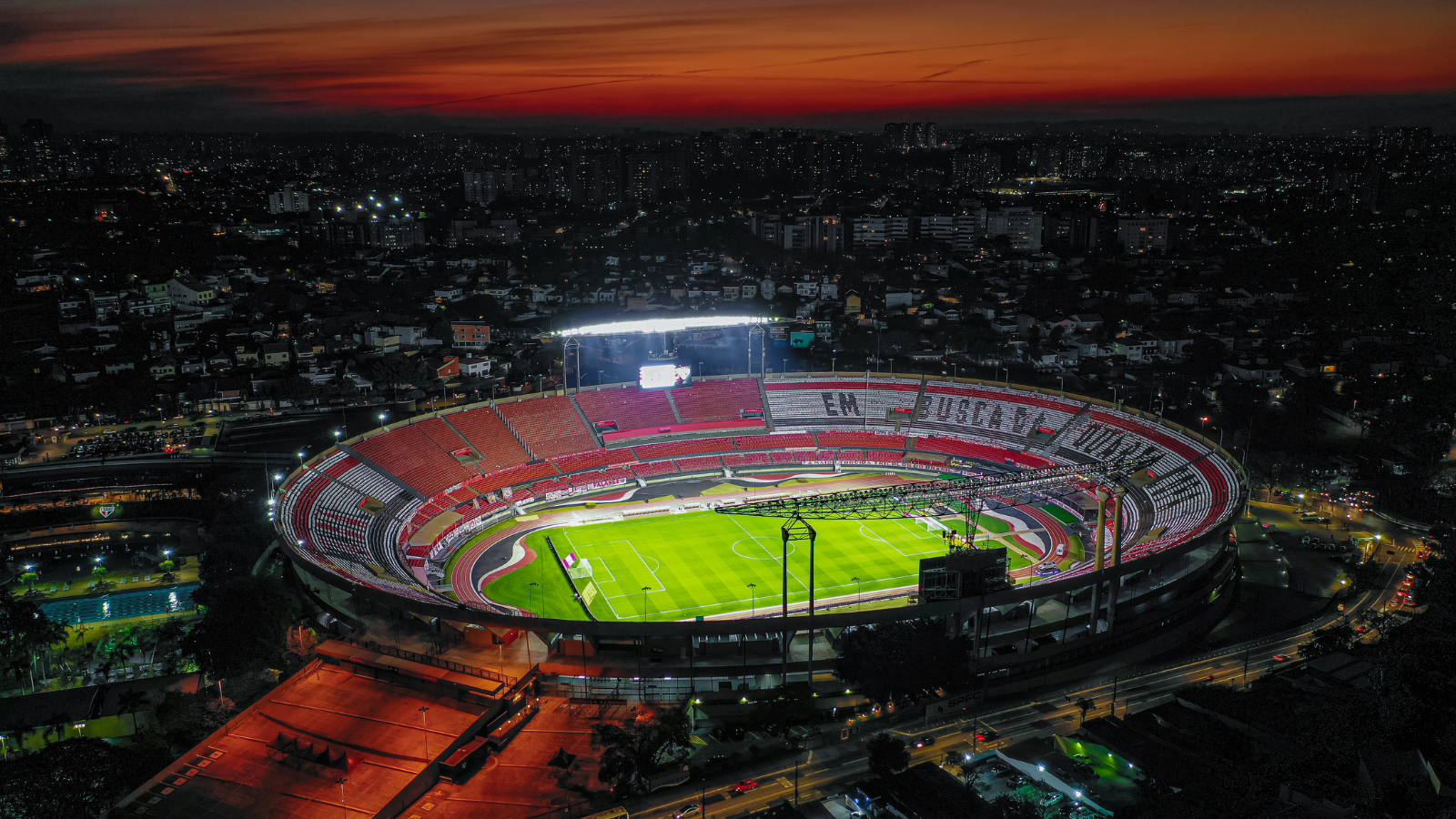- People
- Expertise
Our expertise
We are a team of more than 500 professionals, with the depth of experience which makes us genuine experts in our fields. Together, gunnercooke’s people have strength across just about every corporate discipline and sector. We provide legal, commercial and strategic advice that delivers real value to the clients we work with, which span from multinational enterprises through to unicorns and non-for-profit organisations. Our breadth of expertise covers some of the most interesting and important emerging disciplines, from ESG and charity law, to blockchain and competition.
Search by practice areaDispute ResolutionDispute Resolution OverviewMeet the Dispute Resolution TeamIntellectual Property DisputesFinancial Services & FinTech OverviewProceeds of CrimeEmployment TribunalTax InvestigationProperty Dispute ResolutionInsolvency DisputesMediationCivil Fraud & Asset TracingHealth & SafetyBusiness Crime & InvestigationsLitigation & ArbitrationInternational Arbitration - International
International Offices
The gunnercooke group has 15 main global offices across England, Scotland, the US, Germany and Austria, with further plans for growth in the coming years. These offices enhance the existing in-house capability of our dedicated international teams and dual-qualified experts that cover Spain, France, Italy, Portugal, Brazil, China, India, Poland and Hungary. Our team have clients across 123 jurisdictions, speak 46 languages and are dual-qualified in 21 jurisdictions. Our expertise means we can offer large teams to carry out complex cross-border matters for major international clients.
- Our story
Our story
gunnercooke is the fastest growing corporate law firm in the UK, now making its mark globally. We comprise a rapidly growing number of experts spanning legal and other disciplines. Clients benefit from flexible options on fees to suit their needs, access to a wider network of senior experts throughout the relationship, and legal advice which is complemented by an understanding of the commercial aspects of running a business.
- Reading Room
- News & Insights

In recent years there has been an increasing trend for property owners and occupiers to seek injunctions against persons unknown to restrain the actions of trespassers and protestors. These are usually sought on a quia timet basis, which means that they are granted in advance of any wrong taking place. As with most injunctions, they are often granted in the interim, pending a full hearing, where they can be made final or indefinite.
In these cases, the Court takes careful steps to identify exactly who should be made the subject of the injunction and how to distinguish between those persons acting legitimately and those breaking the law. In the recent case of Canada Goose v Persons Unknown, the Court explored this decision-making process in more detail.
The Canada Goose case concerned a retail store in Regent Street, London, which saw coats made from fur and other animal products. The store became a focus for protests which included leafleting, photographing and videoing store staff, obstructing the road and entrance to the store and painting and spraying the outside of it. In November 2017 the store’s operator applied to the Court for an injunction against Persons Unknown to prevent further alleged acts of harassment, trespass and nuisance arising from these protests.
No notice was given to the protestors and the store’s operator was immediately granted an interim injunction against “Persons Unknown who are protestors against the manufacture and sale of clothing made of or containing animal products and against the sale of such clothing at Canada Goose, 244 Regent Street, London, W1B 3BR”. After the claim was issued, the claim was purportedly served on over 300 people involved in the protests.
The People for the Ethical Treatment of Animals Foundation (PETA) became involved in the dispute and in December 2017 were added as a second Defendant. In November 2018 the store’s operator applied for summary judgment against the Defendants, requesting that the injunction become final.
The High Court refused to grant summary judgment and ordered that the interim injunction be lifted. They cited the decision of Boyd v Ineos Upstream Ltd [2019] 4WLR 100 and confirm the requirements that needed to be set aside for an injunction against Persons Unknown, namely:
- The fundamental human right to freedom of speech requires the Court to be satisfied that an injunction is appropriate and proportionate in the circumstances.
- The injunction had been handed to numerous people but had not been properly served on anyone, including PETA, depriving them of the opportunity to raise a Defence.
- The wide definition of protestors in the injunction meant that it covered even people standing silently outside the store holding a placard. Such lawful behaviour was not sufficiently serious to warrant the potential criminal penalties that would follow a breach of an injunction and there was no evidence that PETA had committed any wrong at all.
- The terms of the injunction were not clear enough as to what was being prohibited but effectively left it to the lay person to make that difficult assessment him/herself, on pain of imprisonment if s/he gets it wrong. This was considered to be a disproportionate interference with the right to freedom of expression.
- It was considered that an injunction against Persons Unknown was inappropriate in these circumstances, especially where other remedies such as police arrest for criminal activity, were available.
- Permission has been given for the matter to be appealed to the Supreme Court. In the meantime, the discharge of the interim injunction has been stayed, meaning that it will remain in force until the determination of any appeal.
This case will provide some reassurance for those seeking to lawfully exercise their right to protest. However, it can also provide useful guidance for those wishing to secure an injunction against Person Unknown, serving as a helpful reminder that the terms of the proposed injunction need to be specific in their application and clearly directed at persons capable of being defined and identified.






